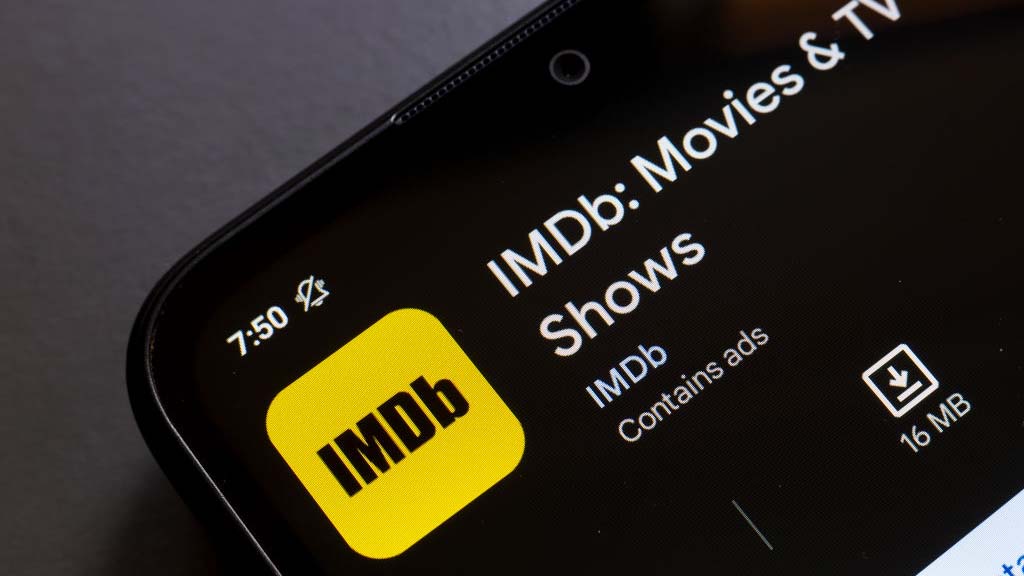Comcast Caught in a Free-Speech Firestorm
It’s a plausible analogy. Let’s say you just love chatting on your new phone. You talk to your friends and family all the time, for hours at a time, you make multiple international calls, and you certainly use your phone more than most of your neighbors.
Your phone company doesn’t like this. It’s invested billions into the carrying capacity of its phone lines, and the few talk-heavy customers like you, many of whom use the phone for illegal activities like placing bets, are on the verge of compromising that capacity.
But instead of creating more capacity, using technology to better manage that capacity, or selling a more expensive service tier for heavy chatters, your phone company decides on a more devious trick.
It employs technology that detects when you’ve been using the phone a ton. Then, masquerading as your phone, it sends a busy signal to those calling you. You wouldn’t like that very much, would you?
The above scenario differs little from what Comcast, the nation’s largest cable operator and ISP, with more than 12 million broadband customers, has been caught doing.
An investigation by the Associated Press, confirmed by a second investigation by the Electronic Frontier Foundation, in October found that Comcast has been sending out false TCP “reset packets” to either end of a file-sharing connection such as that employed by BitTorrent, Gnutella, or other P2P software. The reset packets, labeled as coming from one of the computers involved, cause the other computer to reset its connection, interrupting the download—what’s called “throttling” in techie jargon.
The news has customers howling mad, rights advocates clamoring for regulatory oversight, and lawyers smelling class-action blood in the water. It only took days for politicians in an election season to jump on board as well, with several calling for legislation.
The firestorm has rekindled debate over net neutrality, an issue I wrote about twice last year, and which some net pundits recently have declared dormant.
Comcast’s antics come on the heels of other boneheaded moves made recently by two of its peers.
AT&T in August elicited censorship charges when Pearl Jam, performing at Lollapalooza, attempted to throw in a couple of anti-Bush lyrics. While concertgoers heard Eddie Vedder sing “George Bush, leave this world alone” and “George Bush, find another home,” viewers of the AT&T Webcast did not.
AT&T later blamed the bleeping on an overzealous Webcast vendor (overzealous? About those lyrics?), and repeated it does not “edit or censor performances,” but the damage had been done.
Verizon Wireless in September took heat from anti-censorship groups after it squelched attempts by NARAL Pro-Choice America to send opt-in SMS text messages over Verizon’s network. The operator at first justified its decision by saying those messages were “controversial” and “unsavory,” but quickly backed down.
PR 101
Verizon and AT&T handled their PR challenges adroitly; Comcast, apparently, needs a primer.
It’s all there in the basic Intro to Mass Communications course I have helped teach these past few years, under Public Relations 101: When your company is facing a PR disaster, own up, be upfront and, above all, don’t dissemble.
When first confronted with the AP findings (it’s the Associated Press, fer Chrissake. Take ’em seriously, Comcast!), Comcast’s PR execs repeatedly denied the company “blocks” access.
Two days later, its language changed.
“During periods of heavy peer-to-peer congestion, which can degrade the experience for all customers, we use several network management technologies that, when necessary, enable us to delay—not block—some peer-to-peer traffic,” said Mitch Bowling, senior vice president of Comcast Online Services, in an AP follow up. “However, the peer-to-peer transaction will eventually be completed as requested.”
Gee, that contrasts just slightly with what Comcast Chief Operating Officer Stephen Burke told the Wall Street Journal just a year ago, when asked about the operator’s take on net neutrality:
“We provide as much bandwidth to everybody as we possibly can.”
Sounds like basic net neutrality principles: Operators should ensure optimum network performance for all, while users should be free to access content and content providers should be free to offer their full range of content.
NAUGHTY, NAUGHTY
But Bowling’s comments take the art of linguistic dissembling to a higher plane.
The “network management technologies” employed by Comcast, critics say (but Comcast has denied), are from a vendor called Sandvine. These technologies identify high levels of outbound (i.e. uploading) P2P traffic, then send a forged TCP reset packet that results in a dropped connection. The computers may attempt to re-initiate a connection, ad infinitum, but will keep getting the equivalent of a busy signal, meaning the transaction will not “eventually be completed as requested.”
What Comcast is really doing, critics say, is actively identifying bandwidth-hogging computers that may be primary upload conduits for illegal file-sharing, and impersonating those computers or their connections in a way that effectively closes down the connection.
Chatrooms and blogs have filled with accounts of conversations with Comcast customer service reps. The emerging pattern is one of Comcast trying to disseminate the impression that it’s cleaning up heavy file-sharing because that’s mostly illegal, thereby freeing up bandwidth for all the legitimate users.
But reports indicate Comcast has also been blocking—oops, “delaying”—transfers involving large e-mail attachments sent through Lotus Notes, an entirely legal application. Also, because most P2P programs automatically set a file-downloading computer as an upload source, any downloader can immediately be targeted as an uploader under the Comcast scheme.
Digital piracy of all sorts has become a crippling, critical problem for content providers and network operators across the globe. Comcast certainly has a right to provide maximum bandwidth equitably to all its users, and it has a good argument that the illegal activities of a few are compromising the experience of many.
But the approach it’s taken is immoral, illegal and idiotic.
The professional video industry's #1 source for news, trends and product and tech information. Sign up below.
